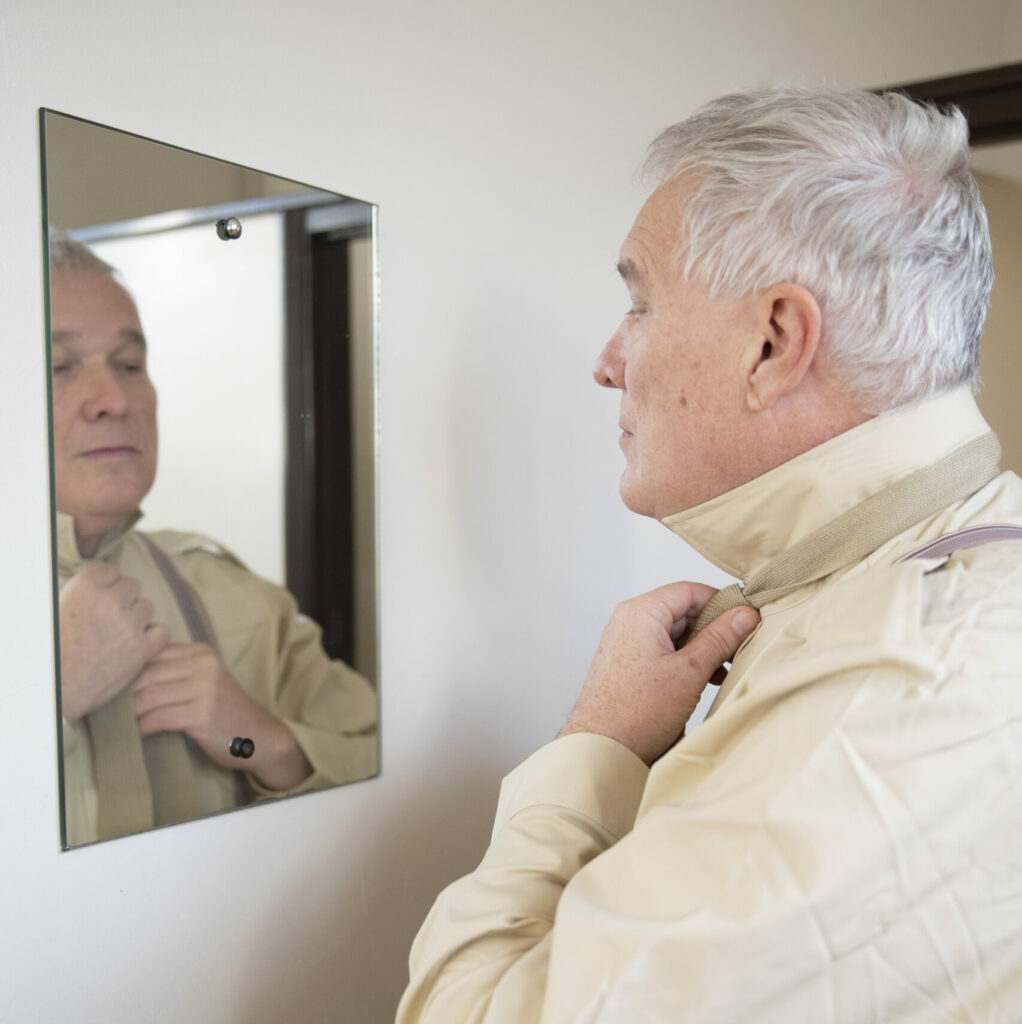Help so you don’t need the help
Home-based care from an experienced speech-language pathologist

We will never share your information
Why Carter Speech Pathology?
“Nathan is a professional and great at what he does. Would wholeheartedly recommend his services!”
“Nathan is a professional and great at what he does. Would wholeheartedly recommend his services!”
Why Carter Speech Pathology?
“[…] his warmth and genuine care and compassion shine through in his interactions — which is rare in someone with his level of efficiency, knowledge, and additional professional certifications.”
“[…] his warmth and genuine care and compassion shine through in his interactions — which is rare in someone with his level of efficiency, knowledge, and additional professional certifications.”
Why Carter Speech Pathology?
What another client’s family has said: “Nathan, thank you so much for your help and encouragement. I think we both have a renewed faith now that things will get better. […] I have told my friends how helpful and professional you are. Hopefully they will contact you if they ever need speech therapy.”
What another client’s family has said: “Nathan, thank you so much for your help and encouragement. I think we both have a renewed faith now that things will get better. […] I have told my friends how helpful and professional you are. Hopefully they will contact you if they ever need speech therapy.”


